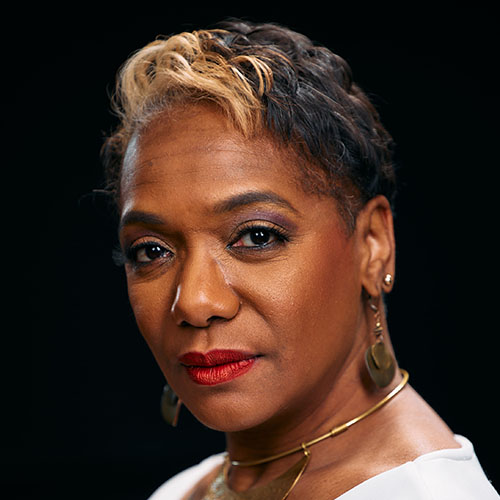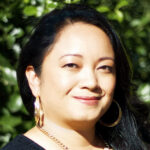Inclusive writing offers many benefits. It builds connections with broader audiences. It sparks creativity for challenging stereotypes. It encourages empathy among different communities of readers. By including a wide range of perspectives and intentionally disrupting harmful narratives, we create a picture that more accurately reflects our world and builds trust with readers.
The key to becoming a more inclusive writer? It starts with self-reflection and self-understanding, so that we can acknowledge the different dimensions of our identity that are marginalized and those that hold privilege. Recognizing that complexity within ourselves can help make us aware of our own biases (you can take the Harvard Implicit Association Test here). This can lead to asking questions and learning more about those who differ from us, which is much needed in today’s polarized world.
If you’re ready for the next step to becoming a more inclusive writer, be sure to check out ASJA’s June webinar “Do You Really Want to Say That? Q&A on Inclusive Writing With Janet Stovall.”
Get your questions on inclusive writing answered

On June 20 from 3:00 p.m. to 4:30 p.m. ET, ASJA DEAI Co-Chair Leanna Lee and I invite you to join us for a 90-minute discussion on inclusive language with Janet Stovall.
Janet is the founder of Pragmatic Diversity and co-author of The Conscious Communicator: The Fine Art of Not Saying Stupid Sh*t. In 2023, ASJA recently retained Stovall as part of the organization’s ongoing efforts to increase diversity and inclusion of underrepresented freelance writers in our membership and build a professional community that reflects the true diversity of independent non-fiction writers.
During this session, which is also free to the public, we plan to delve into the nuances of inclusive writing lifted up by ASJA members.
Sample questions include:
- When should we highlight pronouns? How does acknowledging this facet of identity help with inclusion?
- When should we capitalize race? For example, some news organizations recommend capitalizing “Black” but not “white.”
- How can writers avoid ageist language and stereotypes when writing about older adults? What terms or phrases are considered respectful and accurate?
- What are the ethical considerations when writing about addiction? How can writers avoid stigmatizing language and portray addiction accurately and compassionately?
- How can writers identify and avoid ableist language in their writing? What terms or phrases should be used or avoided when discussing disability or disabled individuals? Are there specific terms or phrases that are preferred by the disability community?
What questions do you have related to inclusive writing? Please add any questions here for possible inclusion in the webinar. These can be related to any dimension of diversity or identity, such as race, ethnicity, gender, sexual orientation, ability, religion, age, level of education, body size, family status, work experience, wealth, citizenship status, experience with trauma, and more.
Find ongoing support for your inclusive writing practice
Starting July 10, ASJA will host a Monthly DEAI Chat. Members are encouraged to bring their questions on inclusive writing and other topics related to diversity, equity, accessibility, and inclusion. The chat will be held every second Wednesday of the month from 1 p.m. to 2 p.m. ET. We will kick off the chat with a book club reading of the second edition of We Can’t Talk About That at Work! How to Talk About Race, Religion, Politics, and other Polarizing Topics by Mary-Frances Winters and Mareisha N. Reese. A Zoom link will be made available soon.
Gabrielle Gayagoy Gonzalez (she/her/hers) is a Filipina American writer and Co-Chair of ASJA’s DEAI Task Force. She was named to Diversity Woman Media’s Power 100 List and is a co-author of Racial Justice at Work: Practical Solutions for Systemic Change. She is co-managing editor of the online publication The Inclusion Solution and a co-host of The Inclusion Solution LIVE podcast from The Winters Group, Inc., a Black women-owned global diversity, equity, inclusion, and social justice consulting firm. Her writing has appeared in Shape, Self, Women’s Health, and Seventeen.

